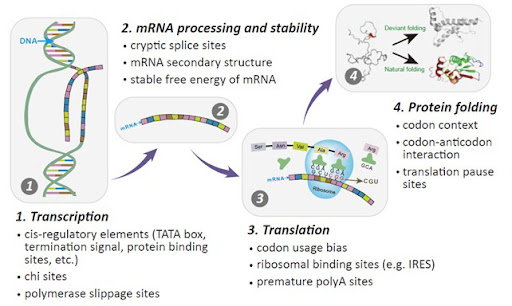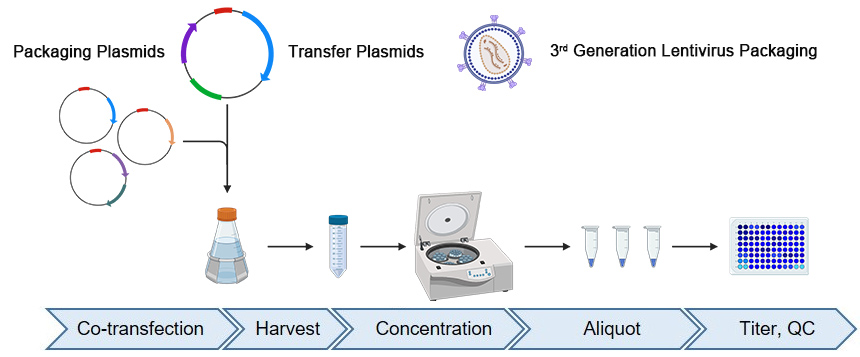At this time there are many biological manufacturing development agencies in the world. Who can provide Clinical Manufacturing Services at different techniques and different prices? In this blog, we can talk about USA Top 10 Clinical Manufacturer Companies.
1. Sharp: sharp services offer a wide range of manufacturing capabilities for tablets, capsules, liquids, creams, ointments, and a range of diverse dosage forms. We also offer over-encapsulation and placebo manufacturing, providing an innovative solution to the challenges of blinding clinical studies using solid dose comparator products.
2. Quotient Sciences: Quotient Sciences We offer clinical trial manufacturing, testing, and certification services from Phase 1 to commercial manufacturing, with expertise in potent API handling.
3. GenScript ProBio: GenScript ProBio’s innovative solutions for antibody drug development include antibody-drug discovery (hybridoma, antibody library, fully human transgenic mice, bispecific antibodies technologies, single b cell screening technology), antibody engineering (antibody humanization, affinity maturation, Fc Engineering) and antibody characterization (analytics and bioassays). In terms of biologics development service, GenScript ProBio has built a regulatory-compliant platform, from stable cell line development, host cell license, process development, analytical development to clinical manufacturing services, providing fed-batch and perfusion process to accelerate IND process and high-quality material for clinical trials. GenScript ProBio has successfully delivered multiple CMC and GMP manufacturing projects.
4. Intertek: Intertek offers clinical trial supplies manufacturing services are delivered from our state-of-the-art Good Manufacturing Practice (GMP) compliant facilities supporting investigational medicinal product (IMP) or investigational new drugs (IND) for clinical trials around the world.
5. Contract Pharma: For pharmaceutical companies both large and small, the challenges involved in developing new drugs are growing steadily. Regulatory requirements are becoming more complex, and the processes involved have followed suit. Even more innovative manufacture
6. Pharma Ceutical: Pharma Ceutical offers clinical manufacturing from lab-scale to commercial, in a wide range of pharmaceutical drug product dosage forms for both small molecule and large molecule. Our cGMP facilities in India & Sweden produce products for clinical and commercial supplies in multiple markets, including North America and European markets.
7. vetter-pharma: We are ready to provide clinical fill and finish for different batch sizes and a variety of injection systems, including vials, syringes, and cartridges. Our cutting-edge clinical development processes support faster time-to-market for new drug products, while also efficiently maximizing the yield of your valuable drug product.
8. Patheon: Patheon, by Thermo Fisher Scientific, is a leading drug Contract Development & Manufacturing Organization (CDMO) serving more than 400 pharmaceutical clients worldwide.
9. Tapemark: A contract development and manufacturing company (CDMO) is a company within the pharmaceutical industry that provides drug development and manufacturing services. Pharmaceutical companies partner with CDMOs as a way to outsource drug development and drug manufacturing. Full-service CDMOs can take on every aspect of drug development and manufacturing, and they also work with clients looking to outsource certain components of their process. It all depends on what each client needs.
10. Almacgroup: As a world-leading Contract Pharmaceutical Development and Manufacturing organization, we will help you across the full biopharmaceutical product lifecycle, from drug development through to commercialization. With extensive facilities in Europe, North America, and Asia, we will work with you most appropriately for your situation: either on a single, standalone.








